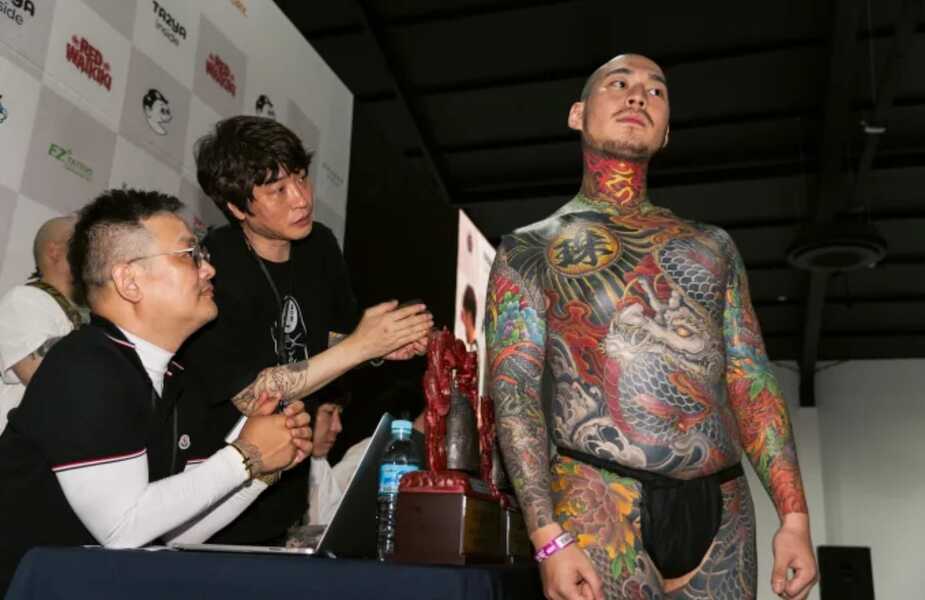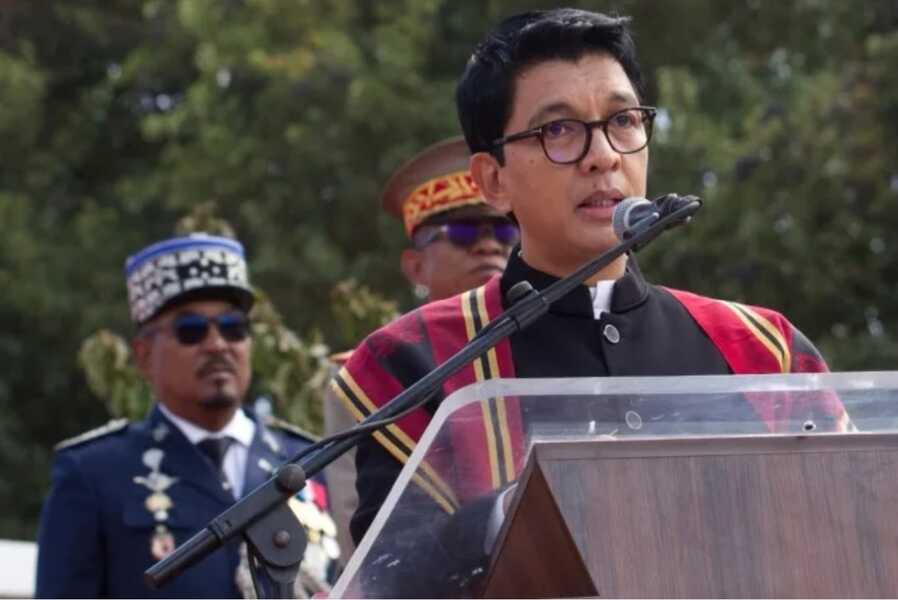Article Today, Seoul:
South Korea’s National Assembly has approved a bill legalising tattooing, bringing long-awaited recognition to thousands of tattoo artists. Until now, the practice remained illegal except when performed by licensed medical doctors. With this legislation, artists will be able to work openly under a regulated system.
From Secrecy to Legitimacy
For decades, tattooing in South Korea was carried out in secrecy. A 1992 Supreme Court ruling classified tattooing as a medical procedure, restricting it to doctors alone. Violators faced heavy fines and even imprisonment. Despite the ban, the underground tattoo industry grew rapidly. Government estimates suggest that more than 350,000 artists were operating unofficially, while over ten million people had tattoos.
New Framework for Artists
Under the new law, tattoo artists will receive government-approved licences. Studios must comply with hygiene and safety standards similar to other service industries. Artists like Heo Jun-ho, who runs a tattoo parlour in Seoul, welcomed the change. He noted that they could now practise their profession with dignity and run studios openly, comparable to hair salons.
Historical Roots of Stigma
The ban on tattooing had its roots in South Korea’s history. In earlier centuries, criminals and slaves were forcibly marked with tattoos as a form of punishment and identification. During the 20th century, tattoos became associated with organised crime and gang culture, further deepening the stigma. Over time, however, young people began to embrace tattoos as a form of personal expression and fashion. The new law is expected to challenge these long-standing perceptions.
Opposition and Concerns
The legislation faced opposition from sections of the medical community and some lawmakers, who argued that tattooing posed health risks and hygiene concerns. However, their objections did not prevent the passage of the bill. President Lee Jae-myung had pledged during the 2022 elections to legalise tattooing, and the government maintained its support. The Health Minister also endorsed the reform, emphasising regulated practice over prohibition.
Cultural Recognition
For many South Koreans, tattooing has already become part of contemporary youth culture. With legal recognition now in place, the government expects the industry to grow under regulated conditions, offering both safety for customers and legitimacy for artists. The reform marks a decisive cultural and legal shift in the country’s approach to body art.



